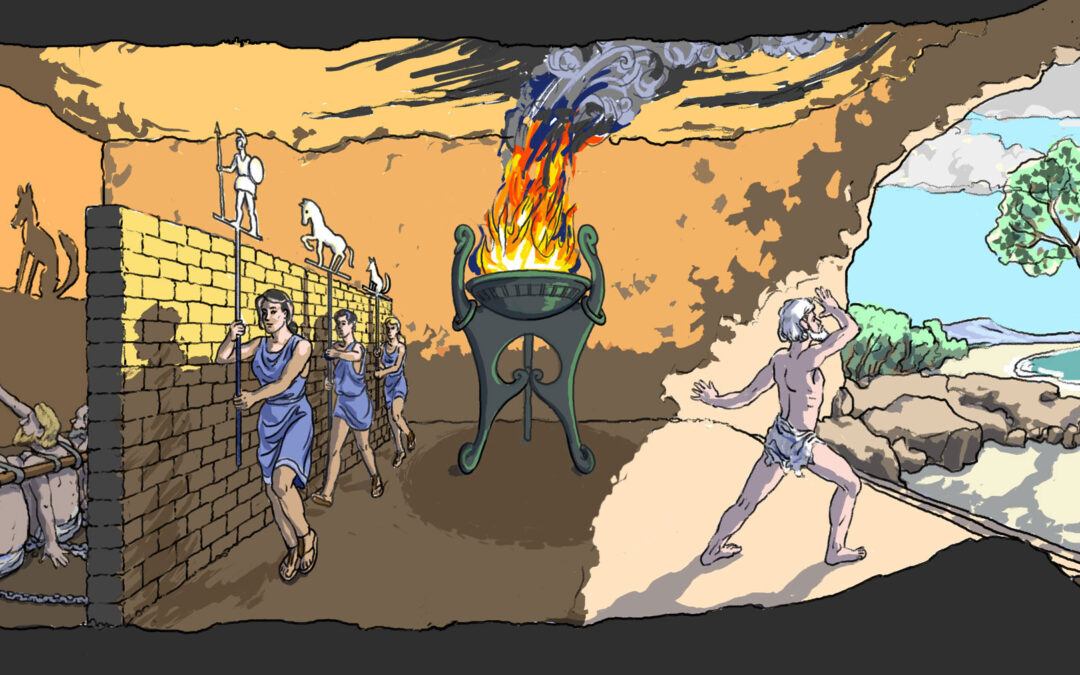Plato’s Republic is one of the most influential works of philosophy ever written. In it, Plato explores the nature of justice, the ideal society, and the soul. He argues that justice is not simply a matter of following the laws, but is also a matter of living in accordance with reason. He also argues that the just society is one in which everyone is assigned to their proper place, based on their natural abilities.
The Nature of Justice
Plato begins the Republic by asking the question, “What is justice?” He argues that justice is not simply a matter of following the laws, but is also a matter of living in accordance with reason. He writes, “Justice is the harmony of the soul.”
Plato believes that the soul is made up of three parts: the rational part, the spirited part, and the appetitive part. The rational part is the part of the soul that is responsible for reason and thought. The spirited part is the part of the soul that is responsible for courage and passion. The appetitive part is the part of the soul that is responsible for desire and appetite.
Plato argues that justice is achieved when these three parts of the soul are in harmony with each other. He writes, “Justice is when each part of the soul does its own job.”
For example, the rational part of the soul should be in charge of making decisions. The spirited part of the soul should be in charge of carrying out those decisions. And the appetitive part of the soul should be in charge of satisfying the needs of the body, but only in moderation.
The Ideal Society
Plato also argues that the just society is one in which everyone is assigned to their proper place, based on their natural abilities. He writes, “In a just society, everyone does what they are best at.”
For example, those who are naturally good at reasoning should be in charge of making decisions. Those who are naturally good at fighting should be in charge of protecting the society. And those who are naturally good at producing things should be in charge of providing for the needs of the society.
Plato believes that the just society is one in which everyone is happy and fulfilled. He writes, “In a just society, everyone will be happy.”
The Soul
Plato also spends a great deal of time in the Republic discussing the soul. He argues that the soul is immortal and that it is the most important part of a person. He writes, “The soul is the most important part of a person.”
Plato believes that the soul is made up of three parts: the rational part, the spirited part, and the appetitive part. He argues that the soul is purified and made more just through philosophy. He writes, “Philosophy is the purification of the soul.”
The Republic’s Influence
The Republic has been praised for its insights into human nature and its vision of a just society. However, it has also been criticized for its elitism and its unrealistic view of human nature.
One of the main criticisms of the Republic is that it is elitist. Plato argues that only a small number of people are capable of becoming philosopher-kings, and that these people should be given absolute power over the rest of society. This view is seen as elitist because it denies the majority of people the right to participate in government.
Another criticism of the Republic is that it is unrealistic in its view of human nature. Plato argues that humans are motivated by reason rather than by desire. However, this view is not supported by the evidence. Humans are clearly motivated by both reason and desire.
